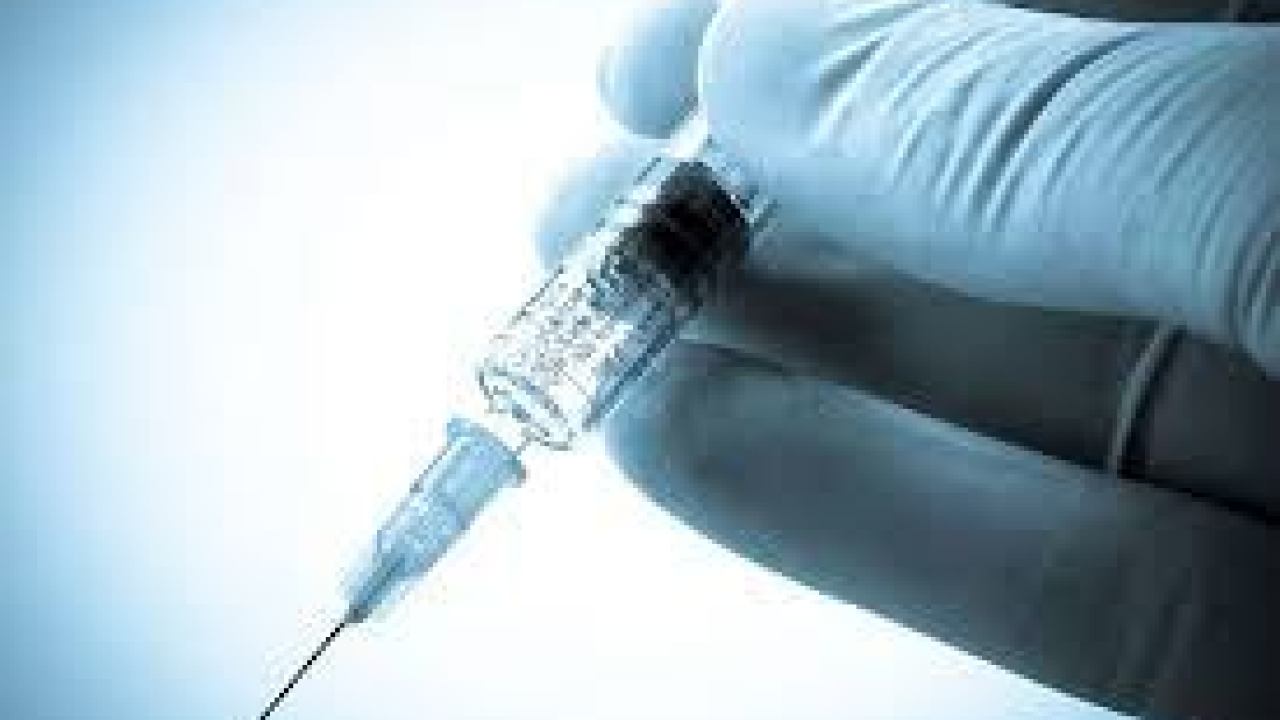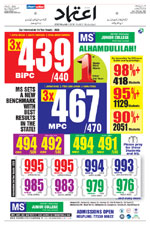World's first malaria vaccine launched in Africa
Wed 24 Apr 2019, 13:44:16

Geneva: The world’s first malaria vaccine has been launched in Malawi after concerted efforts of over 30 years to protect children from the deadly disease that claims over 435,000 lives globally every year.
The World Health Organization (WHO) welcomed the Government of Malawi’s landmark pilot programme.
The launch of the first and only malaria vaccine, known as RTS,S, makes Malawi the first of three countries in Africa where it will be made available to children up to 2 years of age.
Ghana and Kenya will introduce the vaccine in the coming weeks, WHO said in a statement.
Malaria remains one of the world’s leading killers, claiming the life of one child every two minutes. Most of these deaths are in Africa, where more than 250,000 children die from the disease every year.
WHO estimates that India accounts for 89 per cent malaria cases in South-East Asia. According to National Vector Borne Disease Control Programme (NVBDCP), 1,090,724 cases and 331 deaths due to malaria were reported during 2016 in the country.
Children under five are at greatest risk of its life-threatening complications. Worldwide, malaria kills 435 000 people a year, most of them children.
“We have seen tremendous gains from bed nets and other measures to control malaria in the last 15 years, but progress has stalled and even reversed in some areas,” said Tedros Adhanom Ghebreyesus, WHO Director-General.
“We need new solutions to get the malaria response back on track, and this vaccine gives us a promising tool to get there. The malaria vaccine has the potential to save tens of thousands of children’s lives,” Ghebreyesus said in a statement.
Thirty years in the making, RTS,S is the first, and to date the only, vaccine that has demonstrated it can significantly reduce malaria in children.
In clinical trials, the vaccine was found to prevent approximately four in 10 malaria cases, including three in 10 cases of life-threatening severe malaria.
“Malaria is a constant threat in the African communities where this vaccine will be given. The poorest children suffer the most and are at highest risk of death,” said Matshidiso Moeti, WHO Regional Director for
Africa.
Africa.
“We know the power of vaccines to prevent killer diseases and reach children, including those who may not have immediate access to the doctors, nurses and health facilities they need to save them when severe illness comes,” Moeti said.
“This is a day to celebrate as we begin to learn more about what this tool can do to change the trajectory of malaria through childhood vaccination,” she added.
The pilot programme is designed to generate evidence and experience to inform WHO policy recommendations on the broader use of the RTS,S malaria vaccine.
It will look at reductions in child deaths; vaccine uptake, including whether parents bring their children on time for the four required doses; and vaccine safety in the context of routine use.
The vaccine is a complementary malaria control tool — to be added to the core package of WHO-recommended measures for malaria prevention, including the routine use of insecticide-treated bed nets, indoor spraying with insecticides, and the timely use of malaria testing and treatment.
The WHO-coordinated pilot programme is a collaborative effort with ministries of health in Ghana, Kenya and Malawi and a range of in-country and international partners, including PATH, a non-profit organization, and GSK, the vaccine developer and manufacturer, which is donating up to 10 million vaccine doses for this pilot.
“We look forward to the start of vaccination in Ghana, and then Kenya later this year. A vaccine for malaria is among many innovations needed to bring an end to this disease, and we proudly stand with all countries and our many partners in progressing towards a malaria-free world,” said Steve Davis, President and CEO of PATH.
The malaria vaccine pilot aims to reach about 360,000 children per year across the three countries. Ministries of health will determine where the vaccine will be given.
They will focus on areas with moderate-to-high malaria transmission, where the vaccine can have the greatest impact.
In selected areas in the three countries, the vaccine will be given in 4 doses: three doses between 5 and 9 months of age and the fourth dose provided around the second birthday.
No Comments For This Post, Be first to write a Comment.
Most viewed from International
Most viewed from World
AIMIM News
Latest Urdu News
Most Viewed
May 26, 2020
Do you think Canada-India relations will improve under New PM Mark Carney?
Latest Videos View All
Like Us
Home
About Us
Advertise With Us
All Polls
Epaper Archives
Privacy Policy
Contact Us
Download Etemaad App
© 2025 Etemaad Daily News, All Rights Reserved.

.jpg)
.jpg)
.jpg)






.jpg)


.jpg)
.jpg)
.jpg)
.jpg)
.jpg)
.jpg)
.jpg)
.jpg)
.jpg)
.jpg)
.jpg)
.jpg)

















